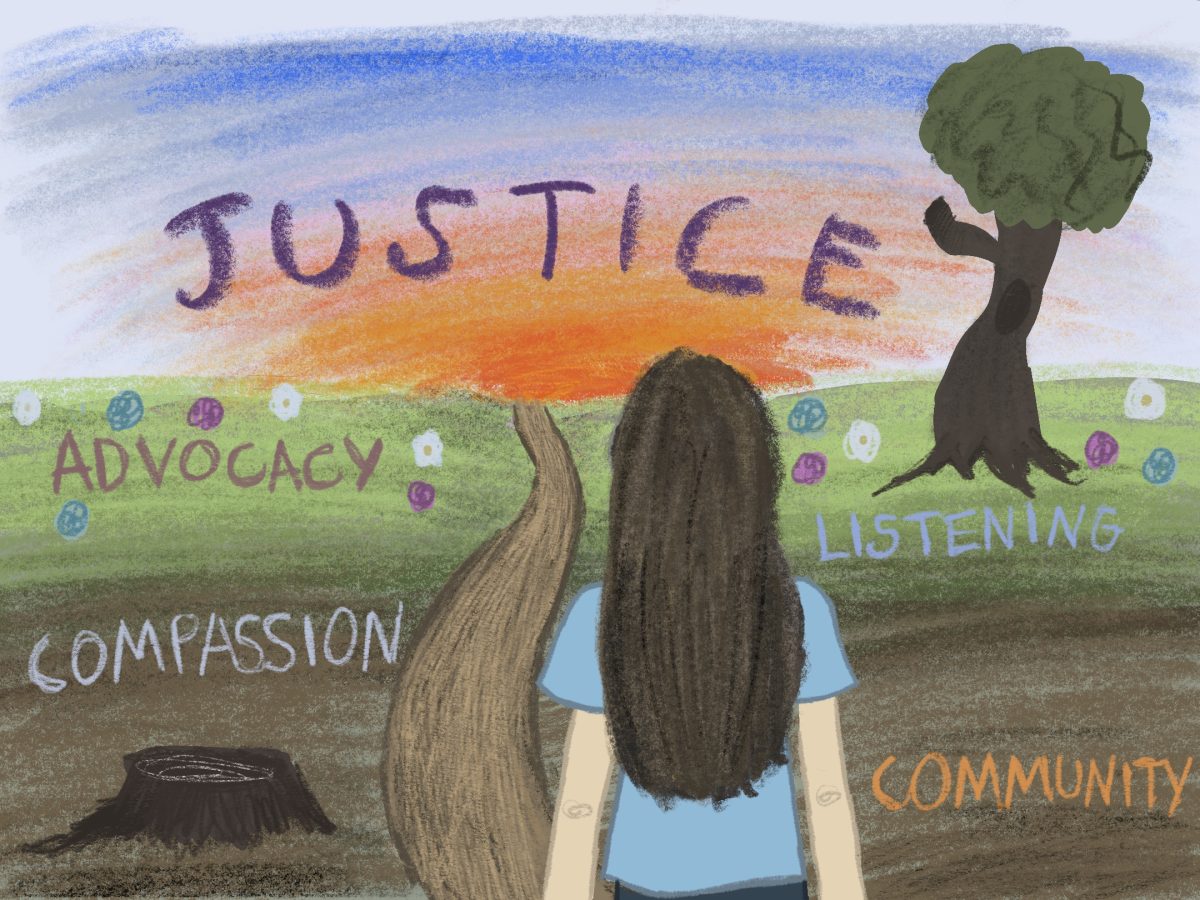It wasn’t too long ago now that the Stop Online Piracy Act was brought to national attention. The bill’s ostensible purpose was to criminalize the pirating of copyrighted material, especially film and musical property.
However, SOPA was widely interpreted as giving too much power to the government to shut down or remove content from the Internet.
On January 18, Wikipedia blacked out its English language content in protest. Google, Amazon, and 7,000 other websites acted similarly. 4.5 million signed an online petition against SOPA and its counterpart, the Protect IP Act (PIPA).
In the end, Wikipedia founder Jimmy Wales got his wish: the phone lines in Washington were melted by uproar. Rep. Lamar Smith (R-Tex), the main author of SOPA, has removed the bill from consideration. Self-congratulations were in order.
Change in American politics is effected by money, either by the incentive to gain it or the threat of losing it. If there is a reason why the outpouring of dissent against SOPA worked, it’s because our representatives and senators saw that being the person who hates the Internet was not good for their long-term plans to remain in Congress.
Losing that salary—and more importantly, the opportunity to legislate pork barrel spending, pick up perks from lobbyists, or write off personal expenses as campaign expenditures—is a threat of losing money. It must have been a lot of money they stood to lose; they reacted about as quickly to the outcry over SOPA/PIPA as they have any other issue in recent memory.
If nothing else, representatives and senators are pretty well-informed and pretty canny. So the question we have to ask is: why would they risk the bad press associated with Internet censorship?
The answer is pretty simple: there was a clear incentive to gain money.
Political commentator Kevin Phillips has wryly observed that the Democratic Party is “history’s second-most enthusiastic capitalist party.”
In other words, both the Republicans and Democrats are interested in money above all else. And that view of the world makes a person heavily susceptible to monetary persuasion; where their treasure is, so will their hearts be also.
The next question to ask is: who stood to benefit the most from the passage of SOPA? That’s a pretty easy question to answer. The entertainment industry is losing money on the pirating of movies, TV shows, music, etc.
Fortunately, the entertainment industry’s constituent parts have the money to support candidates in such a way that the candidates will be obliged to them once they make it to Congress. Those candidates have historically been Democrats.
If you’re looking at a list of the members of Congress who haven’t condemned SOPA/PIPA yet, either overtly or quietly (and I’m looking at Pro Publica’s), it’s interesting to see which party those people belong to. Pro Publica’s list is imperfect and incomplete, but it’s a good starting point.
Right now, they record 35 Democratic members of Congress who haven’t reversed their positions on SOPA/PIPA (plus Joe Lieberman), as opposed to 19 Republicans.
Again, we’re looking at an incomplete list. But even after public opinion on SOPA went viral in opposition, about 39% of the Congressional Democrats that Pro Publica has the data for are still holding for it. That’s in contrast to about 17% of the Congressional Republicans that Pro Publica has the data for.
Since 2000, 89% of the more than $60 million dollars that the film production industry has donated to federal candidates went to Democrats.
And in the same time period, percentages are similarly high for recorded music production industry and the TV production and distribution industries. (I’m using the nonpartisan Center for Responsive Politics as my database here.)
Republicans didn’t start falling away from SOPA/PIPA because they suddenly thought the bill was bad government. It’s because they weren’t being paid enough by the relevant parts of Entertainment to hold their ground on it.
Likewise, the Democrats who are standing by it (or who were the most vocal supporters of it) have more to lose monetarily by denouncing SOPA.
(And yes, for those of you who are wondering: Lamar Smith’s biggest campaign supporter, according to the Center for Responsive Politics, is the entertainment industry.)
Money does not merely talk: it persuades, too, and eloquently. Inadvertently, millions of Americans managed to convince their representatives and senators that the money was better on the anti-SOPA side.
This is no moral victory. There’s a long list of unethical policies that have been carried out by Congress because the money was better doing the wrong thing.
What’s happened with SOPA is important not because it upheld some liberties, but because another proof was made supporting a historical constant of wrongdoing.
































